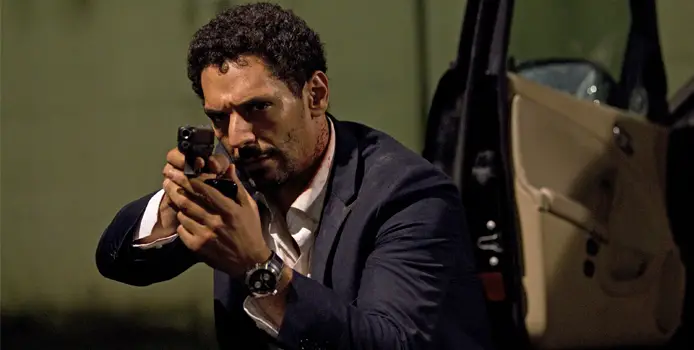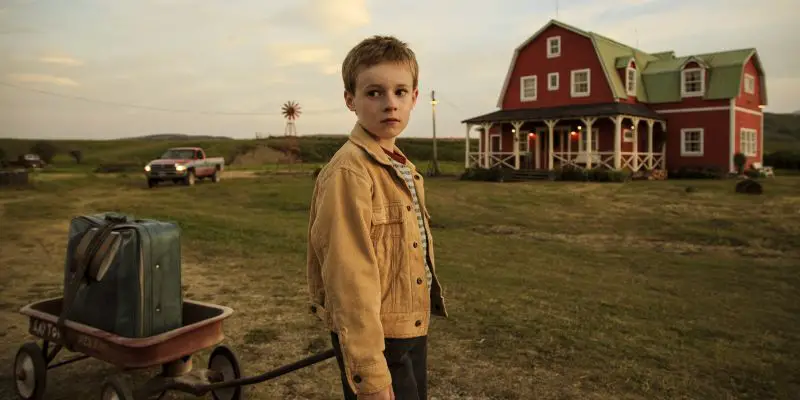action
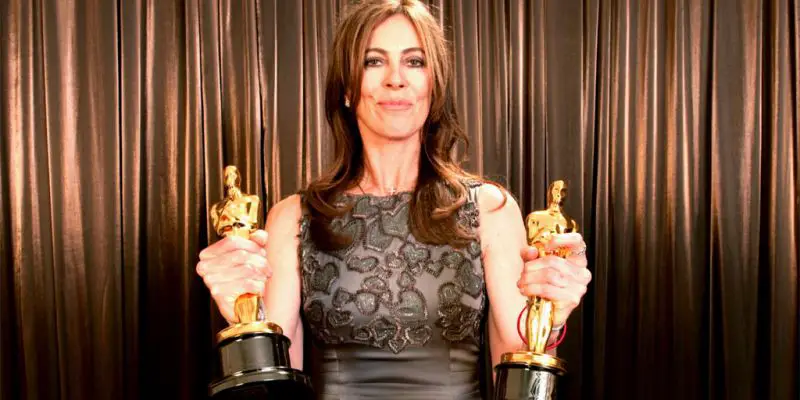
If people know one thing about Kathryn Bigelow, hopefully it is the fact that she became the first woman to win an Academy Award for directing The Hurt Locker. But the reality may be people know her because she directed Point Break or was married to director James Cameron. Most of her career, she has been pegged as a female action director, a label which diminished her influence and films.

Delivering a much-needed scissor kick to action cinema, Gareth Evans is a director who already has had a major influence in mainstream action filmmaking. Born in Wales, he graduated from the University of South Wales with a Master of Arts in screenwriting. With this knowledge in tow, he directed the independently-budgeted kitchen sink-noir film Footsteps, which didn’t lead to much work.
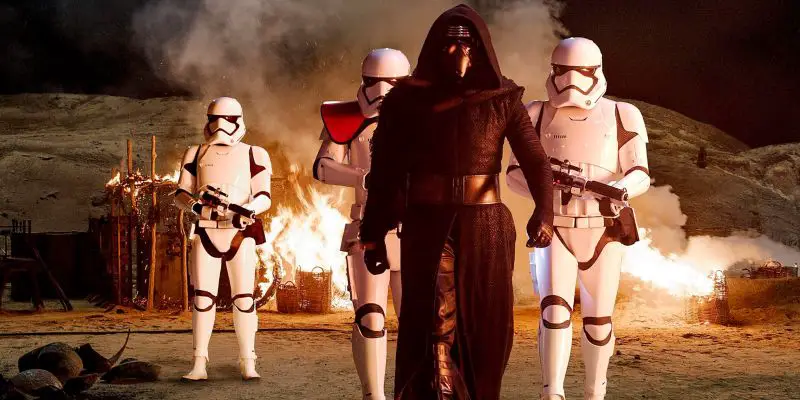
The cyclical nature of contemporary pop culture means that for every blockbuster released, a backlash is likely imminent over the course of its opening weekend, no matter how good the reviews. JJ Abrams knows better than anybody about the perils of falling victim to the hype train; despite critical and commercial success, mere weeks after its opening his Star Trek sequel Into Darkness was voted the worst Trek film of all time at a leading Trekkie convention. Taking fanboy rage on the chin, he has decided to follow this minor outrage by taking the directorial reigns of the new instalment of one of the most beloved franchises at all time, as audiences worldwide wait with bated breath to see whether or not he has (to use a common expression) “raped their childhood”.
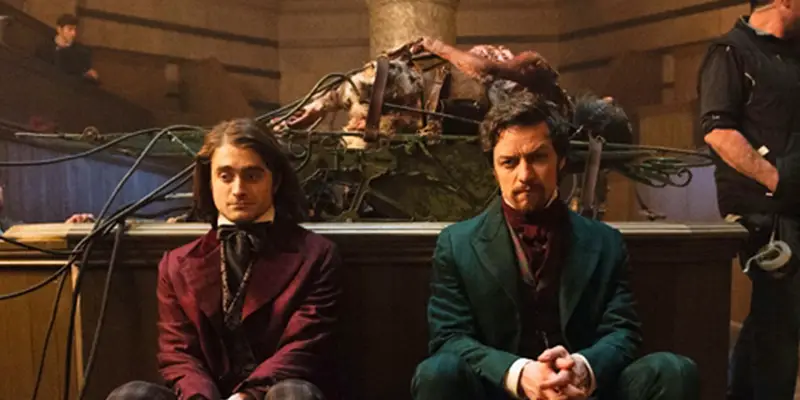
It’s been at least two years now since I first saw Daniel Radcliffe on The Graham Norton Show, sporting the unattractive hair extensions that would define his character, Igor’s, look. Admittedly, I have been excited for Victor Frankenstein since I first heard of its production. A Frankenstein ‘re-imagining’, told from Igor’s point of view, and one starring both Daniel Radcliffe and James McAvoy?
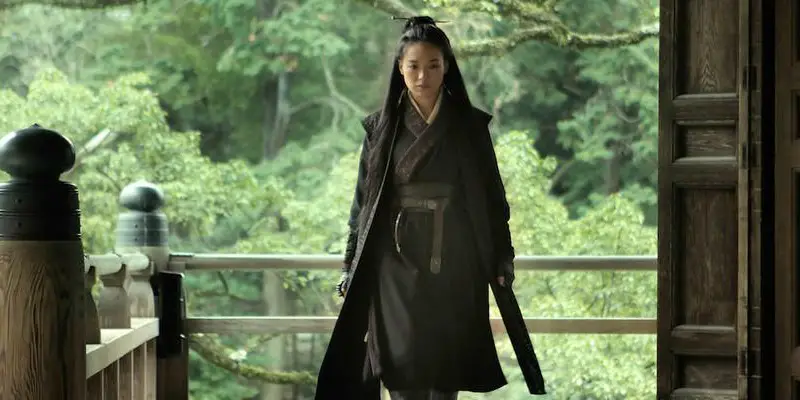
Even if my opinions may come across like those of a film snob at times, one who will do all in his power to avoid anything audiences may actually enjoy. I am not a film critic, but a film fan who sometimes happens to write scathing reviews. I don’t think every movie should aspire to be high art, but I do think cinema as a medium should be either entertaining or emotionally involving dramatically, with any pretensions towards being regarded as art being secondary concerns to filmmakers.
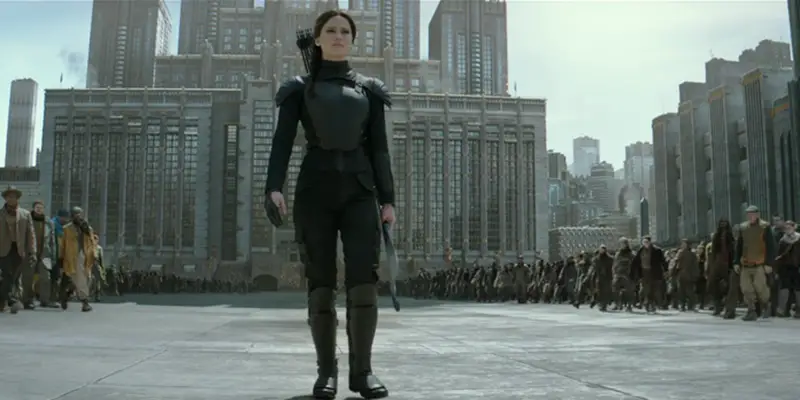
Although initially derided as nothing more than a rip-off of similar dystopian novels (and their subsequent film adaptations) The Running Man and Battle Royale, author Suzanne Collins saw her book series become increasingly popular due to how it tied in with the contemporary societal fear of graphic violence co-existing with inane entertainment. Collins devised the idea for her original 2008 novel whilst at home channel-surfing, with the image of a bleak reality showcased by war reports on news channels making an uneasy bedfellow with the artificial reality of TV talent competitions. A dystopian fantasy that now closely resembles our reality As the adaptation of the final chapters in Collins’ trilogy closer Mockingjay Part 2 makes its way to the big screen, it is less than a week after the world was left horrified by images of terrorism in Paris.
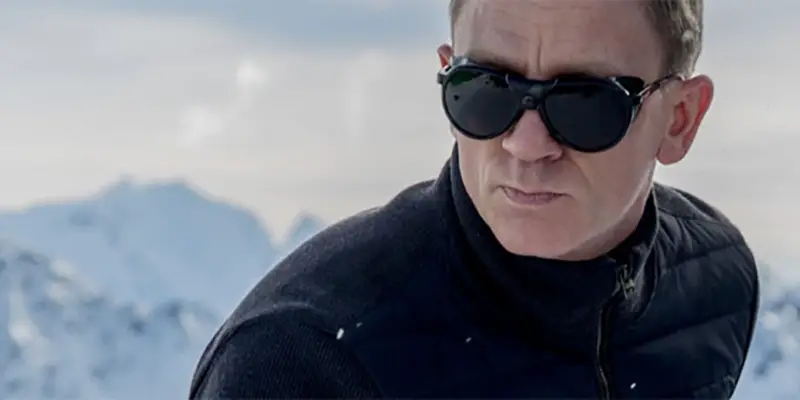
We’ve seen Bond undergo a lot of changes for over fifty years: the globe-trotting playboy whose license to kill spared no evil doer or anonymous henchman. James Bond, the catalyst of Ian Fleming’s romanticized panorama of espionage, grew from fiction novels to a film series that would become a cinematic phenomenon spanning over fifty years.
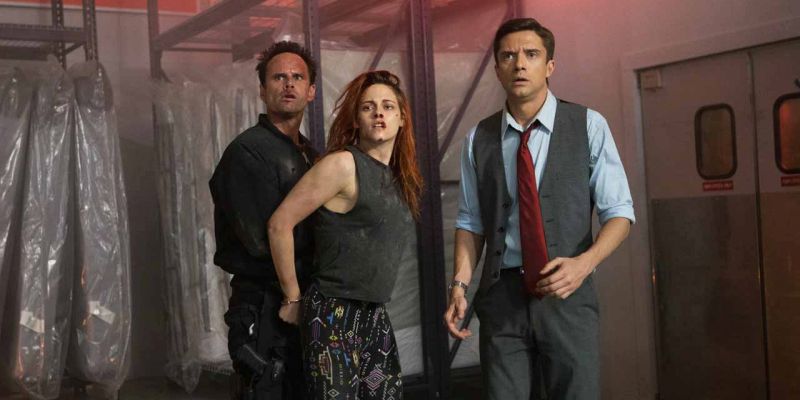
American Ultra is one of those films that sounds really good on paper and even executes well at first, but quickly loses its luster after the quirkiness of its original premise wears off. In this case, its uniqueness comes from the idea of a stoner being a sleeper agent for the government. “Original” might be a little generous, as the film is adapted from the graphic novel of the same name; nevertheless it is something new to the screen, and it stays fun while it continues to feel that way.
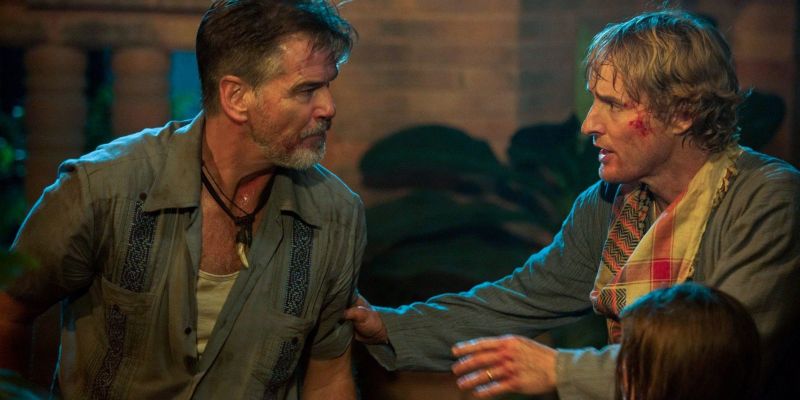
The first I heard of No Escape was in a radio interview with Lake Bell. I’d been a fan of hers for a while, and being still in awe of her performance in Man Up, I was enthralled by her explanation of why she had taken on an action film. She talked of how it was important to her to gain new experiences so she could learn more about herself and her craft.

Even though he’s often stereotyped as solely a director of inferior British gangster films, based on his first two releases Lock, Stock and Two Smoking Barrels and Snatch, Guy Ritchie is actually more of an experimental director than you may initially realise. Even though his early films were successful and enjoyable guilty pleasures, Ritchie had something of an insatiable need to be taken seriously, looking towards the European arthouse for inspiration. His third feature Swept Away, starring his then wife Madonna, was a remake of a satirical 1974 Italian film not widely known to international audiences.

Fantastic Four is a film that people wanted to hate from the start. First, there was the controversial casting of Michael B. Jordan as the traditionally white character Johnny Storm; shortly following this was the discovery that Victor Von Doom was a computer hacker instead of a brilliant inventor; finally, there was the casting itself, which involved younger characters just finishing high school, whereas most adaptations of the story present the Fantastic Four as adults.
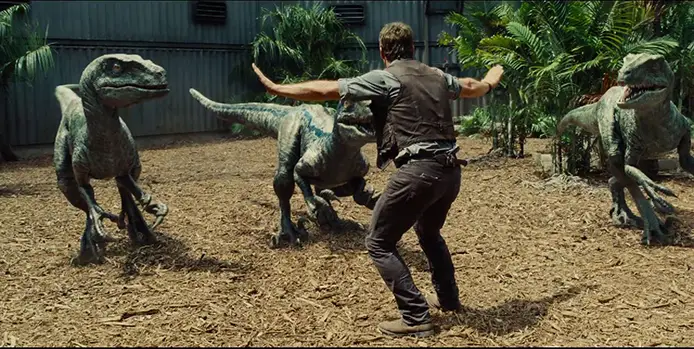
Two decades after the original Jurassic Park became the most successful film of all time at that point and ushered in the era of CGI, the blockbuster cinema landscape is very different. With Marvel Cinematic Universe, franchises six or seven sequels deep, and young-adult dystopias dominating the big releases more and more every year, original screenplays or adaptations of adult-oriented novels are struggling to make an impact – it is inconceivable that Steven Spielberg’s classic could have been released today with anything near the same level of success as in 1993. And so while the original film has a devoted fan base, few would have thought there was that much demand for a new Jurassic Park film, especially after its two increasingly inferior sequels.


